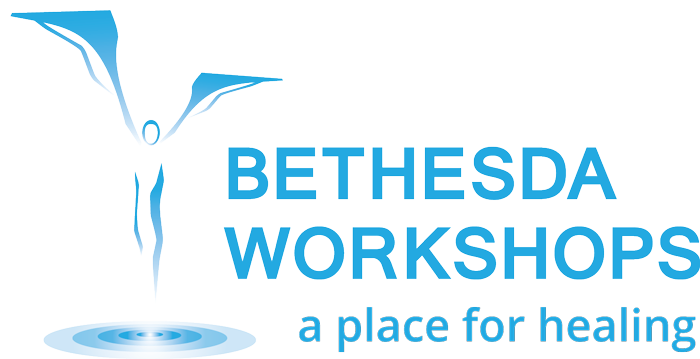The expression “come hell or high water” likely originated in the American West of the late 1800s in reference to cattle herders who crossed large prairies in the scorching summer heat (“hell”) and forged raging rivers (“high waters”) to get livestock to a railroad. It generally means a determination to accomplish something despite tough odds or difficulties.
Hell and high water have been in the news recently as hurricanes Harvey and Irma badgered land for thousands of miles. Hell came in the form of battering winds, and high water swirled to engulf entire communities. Then hurricane Maria finished off what was left of Puerto Rico, and now an earthquake has flattened portions of Mexico City. The breadth of the devastation is unthinkable; incomprehensible really.
Thankfully, so is the positive response. Armies of volunteers, many of them faith-based groups, have converged on multiple affected areas to provide round-the-clock help to vulnerable and displaced people. Responders and rescuers, often at personal risk, have offered hands and hearts to help those in need – humans and sometimes animals, as well.
I love that helpers in times of natural disaster seem to avoid judging the needy. Their so-called status, affiliation, gender, orientation, religion, ability to pay, or any other criteria aren’t under consideration. Even if people failed to take recommended (or required) steps to avoid the brunt of the storm, the focus is on today’s pain. Only the need matters, and many hands are ready to help.
The response looks like Jesus to me. Unimaginable devastation meets determination to ease the suffering. Frequently, those assisted turn around and help others still in danger or distress.
I know what it feels like to go through hell and high water, and those who come to Bethesda Workshops do, too. We feel isolated, ashamed, and fearful we are beyond help from either God or human hands. The loneliness and hopelessness of our situations feels beyond redemption.
Then we show up in the rooms or a therapy group or in treatment, and we find that joining hands with other hurting people helps us all. The simple beauty of this transforming experience reminds me of a picture from a Bethesda Healing for Women Workshop, which is for females who personally struggle with sex, love or relationship addiction.
They came into our space terrified, alone, and wary. At a break early in the workshop, one anxious woman sat down at a jigsaw puzzle. Before long she was joined by another woman, then a third, and a fourth. The entire small group and their leader were quickly engaged in the puzzle, and over the next couple of days, many hands filled in the pieces to form a beautiful picture.
Healing is like that. Come hell or high water, all of us need hands beyond our own to help us navigate the terrain. In turn, everyone who is helped is capable of offering a hand to a fellow struggler.
Marnie C. Ferree
